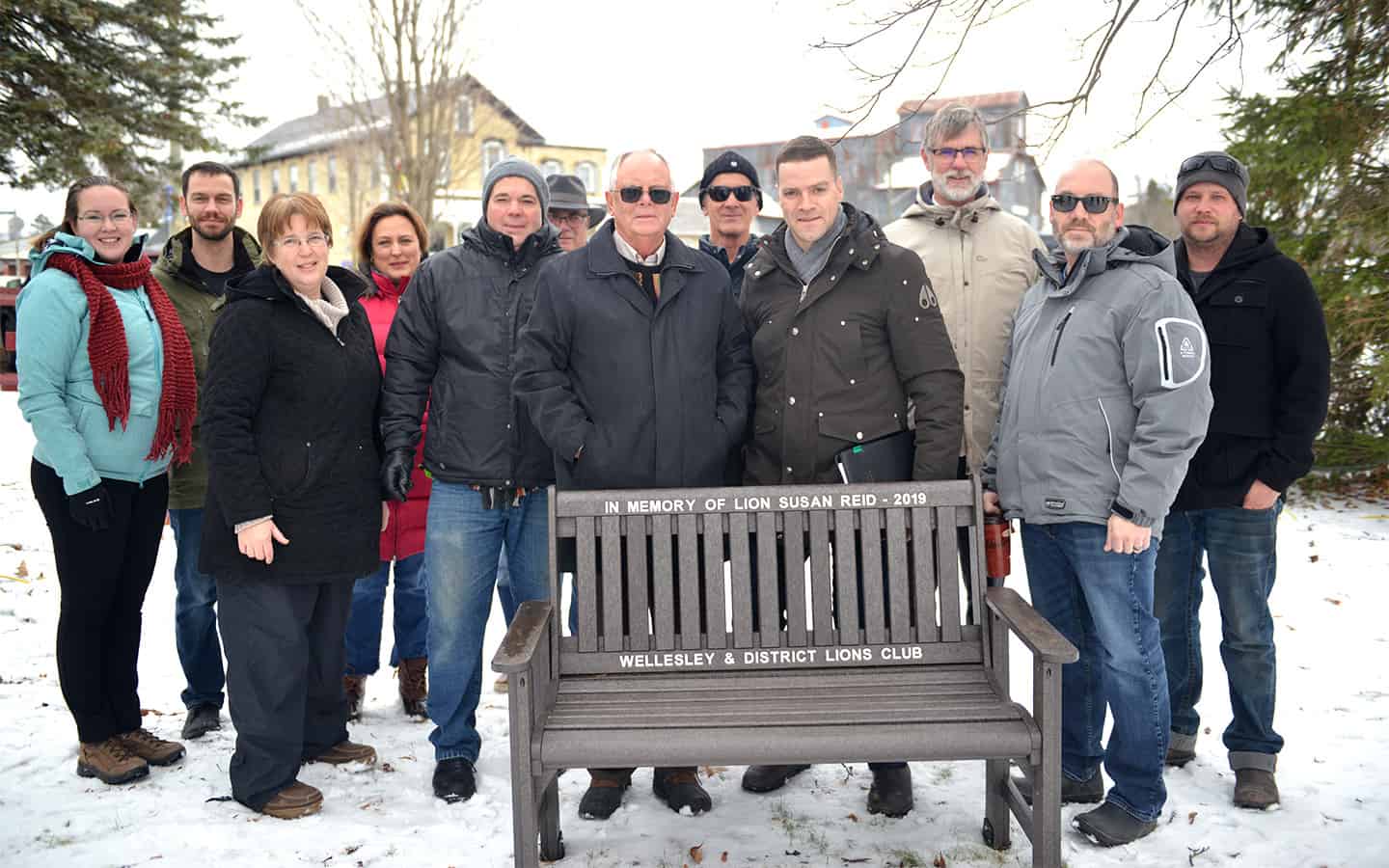Relaxed on-farm business policies adopted by the province have Woolwich looking to change its official plan and zoning bylaws to bring them into conformity.
The review of the agricultural policies also seeks to bring into the fold a significant number of illegal and non-conforming business being operated in the township.
The shift will give farmers some additional flexibility in operating secondary businesses on their properties to support the farm income, and will “widen the scope of uses,” planning manager Jeremy Vink told councillors meeting December 10.
That said, on-farm businesses must remain as an accessory use, which is part of the issue with some current operations that aren’t compliant.
To qualify, any proposed business would have to take place on a farm that is being actively used for agricultural purposes, with the scale of the operation being limited to a secondary role. In order to minimize the impact on agricultural land, the on-farm business can’t exceed two per cent of the farm parcel up to a maximum of 2.5 acres.
The process would see what are now on-farm business policies re-labelled as “on-farm diversified uses” to reflect the wider spectrum of income-generating options.
Those addressing the changes at a public meeting Tuesday night were generally supportive of the direction, though concerns were raised about a proposed two-employee limit at on-farm businesses, as well as the limitations on small farms under 25 acres in size. The latter is an issue raised most often by members of the Mennonite community.
Vink noted that farms under 25 acres in size aren’t eligible for the on-farm diversified use category. Instead, they’re looked at akin to a home-based business, with the new process including a designation called “home business – tradesperson,” which envisions those involved in the trades – carpenters, electricians, plumbers and the like – being able to operate from a small shop on the farm.
Larger manufacturing shops, a common fixture in some rural circles, would not be permitted.
That was an issue for a number of those who addressed council, including resident Isaac Weber, who posited it was better to have a business operating on a small property that remains a farm rather than turning it into an estate lot, for example.
A small farm could let the owner have some eggs or produce for sale, but the business such as a shop would have to be the main source of income, he argued.
“Is Woolwich staff and council supportive to agriculture?”
Vink, however, noted the township has to draw a line somewhere, with larger operations on small farms no longer secondary to agricultural uses. Still, landowners in that situation could make an application for an exemption, to be judged on a case-by-case basis.
Another member of the community, Ronald Martin, said a 10-acre parcel, for instance, isn’t big enough to provide a sufficient income through farming, with the owner having to run a business large enough to make a living.
In such cases, Vink countered, the farm isn’t viable and, while the business might be, it wouldn’t be secondary to farming anymore.
“The secondary business can’t become a very dominant part of the operation,” he said, noting the business should support the farm operation, not the other way around.
“The main function should be the farm operation.”
Drawing on the township’s experience with non-compliance farm businesses, Coun. Patrick Merlihan questioned whether the bylaw changes would prevent cases where the owner leases out most of the land to a neighbouring farmer and perhaps rents out the house but still runs a shop.
Vink said there are controls around occupancy and who uses the land to determine who’s eligible to run a business on the property.
The township also plans to step up monitoring and enforcement to ensure no one is skirting the law. One change might include making the certificate of occupancy required to operate a business an annual renewal, with operators having to verify conformity each year, he suggested.
“We’ll be looking at active enforcement to bring everything into compliance.”
Vink noted there are many small farm properties in the township, with on-farm business present.
Speaking to the restrictions in the new proposal, Coun. Scott McMillan pushed for a system that errs on the side of supporting farm operations.
“We want to make farming more viable so we can keep farming profitable and keep people on farms,” he said.
Woolwich is in the early phase of the process in amending its official plan and zoning bylaws, with more public consultation likely in the mix as new policies are drafted.









